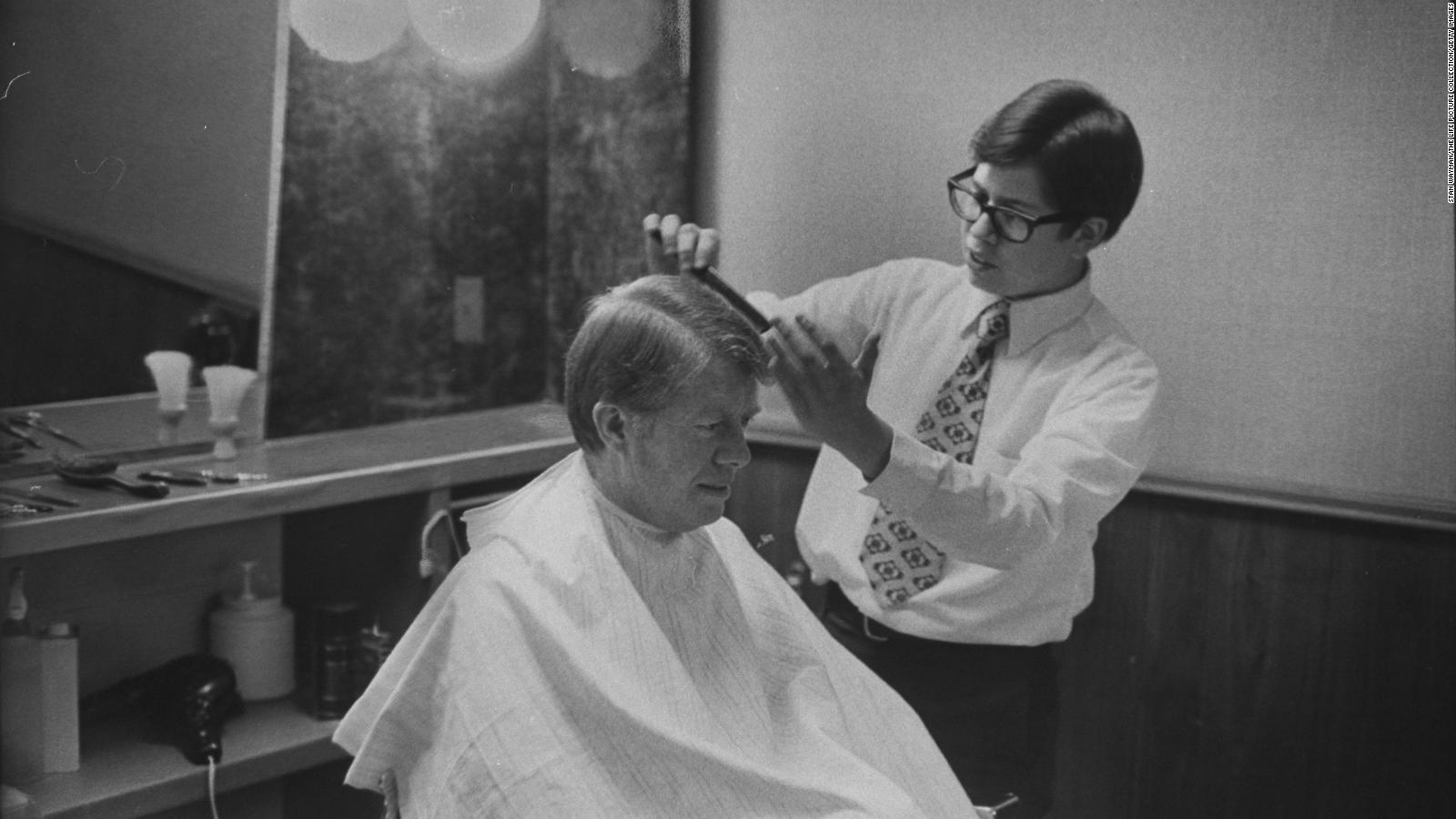Jimmy Carter Brain Cancer: The former president’s battle with the disease captivated the world, offering a unique lens through which to examine advancements in cancer treatment and the resilience of the human spirit. His diagnosis, treatment, and ongoing health have sparked significant public discussion, influencing perceptions of brain cancer and its prognosis. This report delves into the timeline of his illness, the medical interventions employed, and the broader impact of his experience on public awareness and research.
From the initial shock of his diagnosis to his ongoing advocacy, President Carter’s journey has been marked by transparency and unwavering determination. The specifics of his cancer, the innovative treatment methods utilized, and the remarkable results achieved provide valuable insights for both medical professionals and the public. We examine the evolution of his treatment, the long-term effects, and the subsequent advancements in brain cancer research inspired by his case.
Jimmy Carter’s Brain Cancer Journey: Jimmy Carter Brain Cancer
Source: cnn.com
Former President Jimmy Carter’s battle with brain cancer has garnered global attention, highlighting the resilience of the human spirit. News of his health often overshadows local events, but even in the midst of such significant news, everyday life continues, as evidenced by the ongoing activity on craigslist in Jonesboro, Arkansas. This stark contrast underscores the duality of life, where momentous global events coexist with the ordinary routines of smaller communities.
Carter’s ongoing fight against the disease remains a focus for many.
Former President Jimmy Carter’s battle with brain cancer served as a powerful testament to resilience and a window into advancements in cancer treatment. His diagnosis, treatment, and continued public life captivated global attention, shaping public perception of the disease and inspiring countless individuals facing similar challenges. This article details the timeline of his diagnosis, treatment methods, and the lasting impact of his experience on cancer research and public awareness.
Jimmy Carter’s Cancer Diagnosis: Timeline and Initial Response
In August 2015, President Carter revealed he had been diagnosed with melanoma that had metastasized to his brain. The initial medical response involved surgery to remove the cancerous lesions. Public reaction was one of widespread concern and support, with an outpouring of well wishes from across the political spectrum and beyond. The type of cancer, melanoma metastasis to the brain, carries a serious prognosis, although survival rates vary significantly based on factors such as the extent of the spread and the patient’s overall health.
Treatment Methods and Their Effectiveness
President Carter’s treatment plan encompassed a combination of surgical resection of brain lesions, followed by radiation therapy. This approach is a common strategy for treating brain metastases from melanoma. While surgery aims to physically remove the cancerous tissue, radiation therapy targets remaining cancer cells to prevent recurrence. The effectiveness of these treatments varied. While surgery successfully removed detectable lesions, radiation therapy helped manage any residual cancer cells.
The following table summarizes the treatments and their observed outcomes:
| Treatment Method | Description | Duration | Observed Results |
|---|---|---|---|
| Surgical Resection | Surgical removal of cancerous lesions in the brain. | Single procedure | Successful removal of detectable lesions. |
| Radiation Therapy | Targeted radiation to destroy remaining cancer cells. | Several weeks | Reduced risk of recurrence; managed residual cancer cells. |
Impact on Public Perception of Cancer Treatment
President Carter’s open and candid discussion of his cancer journey significantly influenced public perception of brain cancer and its treatments. His experience humanized the disease, fostering empathy and encouraging open conversations about cancer. Media coverage extensively documented his progress, highlighting both the challenges and triumphs of his treatment. This increased visibility likely contributed to a heightened awareness of the importance of early detection and advanced treatment options for brain metastases.
President Carter’s Public Life During and After Treatment
Remarkably, President Carter continued his active public life throughout his treatment. He remained engaged in his humanitarian work with The Carter Center, demonstrating remarkable resilience and strength. This commitment inspired many facing similar health challenges, showcasing the possibility of maintaining a fulfilling life even during cancer treatment. His actions served as a powerful example of perseverance and dedication to causes beyond personal health concerns.
Long-Term Effects and Ongoing Health, Jimmy Carter Brain Cancer
While specific details about President Carter’s long-term health are not always publicly available, it’s important to acknowledge that treatments for brain cancer can have lasting effects. Radiation therapy, for example, can cause fatigue, cognitive changes, and other side effects. The long-term impact on President Carter’s health remains a subject of ongoing interest and, in part, private medical information.
- Cognitive impairment
- Fatigue
- Hormonal imbalances
- Neurological deficits
Medical Advances and Research Related to Carter’s Cancer
While President Carter’s case didn’t directly lead to a single breakthrough, his experience highlighted the ongoing need for research into melanoma metastasis to the brain. His public profile likely increased funding and attention to research in this area. The advancements in targeted therapies and improved radiation techniques are contributing to better outcomes for patients with similar diagnoses.
- Improved radiation techniques
- Development of targeted therapies
- Research into melanoma metastasis mechanisms
Illustrative Description of Brain Cancer and its Impact

Source: cnn.com
President Carter’s melanoma had metastasized to his brain, meaning cancerous cells from his skin cancer had spread to his brain tissue. The exact location of the metastases within the brain would influence the specific symptoms and treatment options. Brain metastases can cause a wide range of neurological symptoms depending on their location and size. These can include headaches, seizures, vision changes, weakness or paralysis on one side of the body, cognitive difficulties, and changes in personality or behavior.
The presence of cancer in the brain significantly impacts treatment options and prognosis, as treatments must carefully balance the need to eliminate cancer cells with the risk of damaging healthy brain tissue. The physical and cognitive challenges a person faces can be substantial, requiring extensive medical care and support.
Last Recap
President Carter’s courageous fight against brain cancer stands as a testament to the power of perseverance and the ongoing advancements in medical science. His public journey has not only shed light on the realities of this challenging disease but also spurred further research and improved understanding. While his case is unique, the lessons learned from his experience—regarding both the medical aspects and the human spirit—continue to resonate, offering hope and inspiration to countless others facing similar battles.

